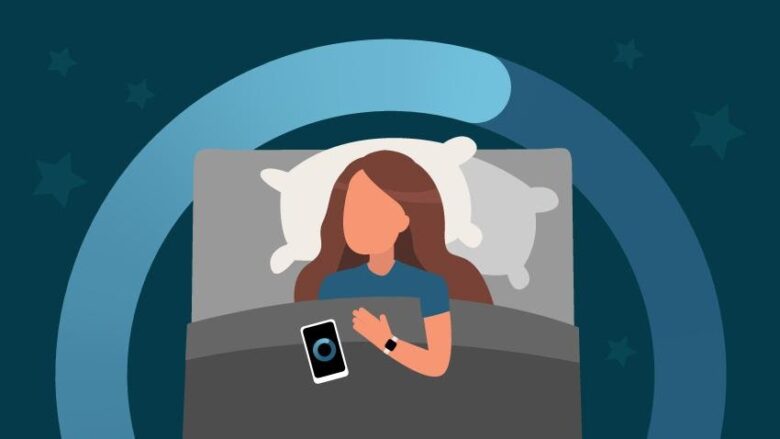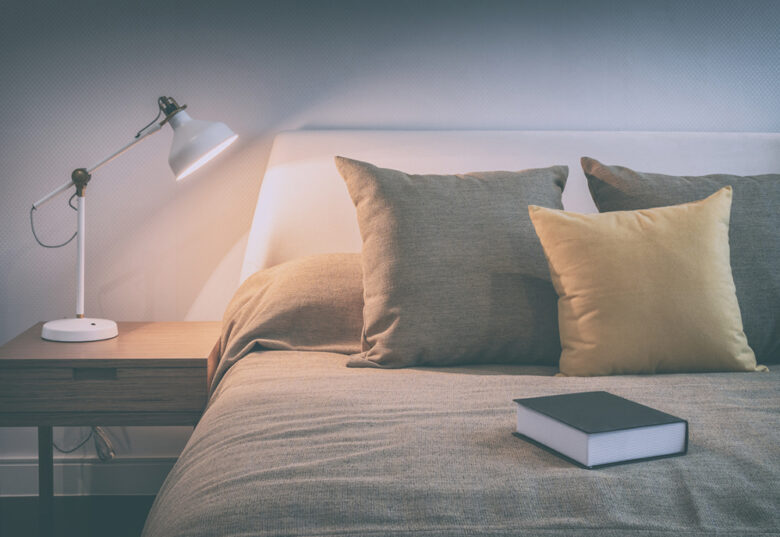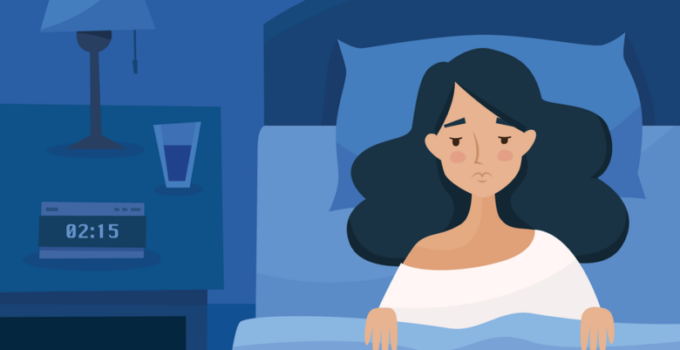A day has 24 hours, which seems quite less because we try to accomplish as many tasks as possible in these 24 hours. In a race to reach the pinnacle in respective fields, we try very hard every day but tend to ignore so many basic things that are important for us to excel in our field.
One of the vital things that people tend to sacrifice is “sleep” while trying to accomplish their daily tasks. We should not ignore the fact that our family members, friends, and doctors keep on repeating that sufficient good quality sleep every night is vital for you to be productive the next day. Unfortunately, even after knowing this fact, we still tend to ignore it and expect that we can increase productivity by squeezing in more time for tasks at the expense of sufficient good quality sleep.
Effect of sleep on productivity

The more hours you put in to accomplish your tasks, the more tired you are going to get mentally and physically. If you are tired, you are always going to be prone to have errors of judgment, procrastination, or the sluggishness that can block you from making decisions required to complete the task. Your creativity is going to take a beating as well. Because of these reasons, your productivity is going to suffer and may ruin your growth and ultimately, you may fail to achieve your goal.
If you get sufficient good quality sleep daily, your productivity is going to increase because of the following benefits:
- High alertness level
- Faster reaction times
- Better judgment
- Improved decision-making skills
- Improved problem-solving skills
- Improved memory
- Improved creativity flow
- Lesser errors, hence more accuracy
- Less chances of burnout
How to Improve?
Here are seven tips to improve the quality of your night rest so that your productivity increases.
1. Follow the Best Schedule

Source: shutterstock.com
You should find the best sleep schedule depending on your chronotype that suits the time of your work or tasks you do as part of your daily life. Your circadian rhythm should be set in such a way that you can get 7-9 hours of good quality sleep daily.
If you fall short of the minimum number of hours or don’t have enough rest, your productivity is going to suffer as your sleep debt is going to increase.
You should follow your schedule religiously even during the weekends.
2. Follow a Bedtime Routine
You should follow a bedtime routine that will make you fall asleep faster and help you to sleep better. Around 30-60 minutes before your bedtime, do the same activities daily that tunes your brain for good quality sleep.
You can include activities like reading a book, writing a journal, listening to soft music, brushing your teeth, taking bath with warm water, washing face, and applying skin lotion as part of your sleep ritual.
You should try to make your bedtime ritual and follow the activities in the same order every day.
3. Transform Your Bedroom Into a Perfect Sleep Environment.

Source: hopkinsmedicine.org
You should ensure that your bedroom is used only for sleep and intimacy. You should ensure that your bedroom is neat and clean, and clear of clutter. Your bedroom should have a cool temperature, anywhere in the range of 16-19.4°C (60-67°F).
You should use dark blinds or heavy curtains so that it stays dark when you are asleep.
You should keep unwanted sounds out of your bedroom by investing in white noise generating sound machine that plays soft soothing music that will mask the unwanted sounds that may disrupt your night.
Above all, invest in a perfect sleep environment that has the right mattress. A right mattress should be able to provide good support to your body and is comfortable enough so that you wake up relaxed and refreshed. You can find good mattresses at affordable rates as well.
4. Reduce Screen time
According to Vellgus Red Light, You should stop using blue light-emitting screen gadgets a minimum of 30 minutes before your bedtime. The blue light emitted by screen devices like TV, smartphones, tablets, laptops messes with your brain and spoils your circadian rhythm by delaying the release of melatonin, the sleep-inducing hormone.
You should indulge in some other activity like playing an indoor game, reading a book, or listen to music for unwinding.
5. Expose Yourself to Natural Light During The Day

Source: transitionschiropractic.com
You should expose yourself to natural light during the day. Exposing yourself to natural light is going to synchronize your circadian rhythm and your brain is going to set your sleep cycle accordingly.
6. Meditate and Exercise Regularly.
You should spend time in meditation and physical activity regularly as they are good for your sleep.
Meditating in the morning and/or evening helps you to relax and sleep better.
Exercising regularly is good for your sleep but you should ensure that heavy exercising is done in the morning and not in late afternoon or evening.
You should do only light stretching or exercises in the late afternoon and evening.
7. Watch what you eat and drink

Source: thetrentonline.com
You should follow a healthy diet plan to aid your healthy sleep. Eat well during the day, but take special care to what you ingest after the afternoon.
You should avoid having heavy dinners that include food items that have too much fat and sugar. You should eat your dinner a minimum of 2 hours before your bedtime to allow your digestive system to process it properly so that you can fall asleep faster and your sleep is not disrupted.
You should limit the intake of caffeine-filled drinks and food, and alcohol, as they can spoil your night rest.
Conclusion
Poor quality of sleep or insufficient good rest is known to disrupt our daily life and ruins our productivity. Insufficient good quality rest makes you prone to mental and physical health problems. If you don’t get doctor-recommended 7-9 hours of good quality sleep, you may develop serious life-threatening diseases. You should follow these tips to improve your sleep and productivity.




